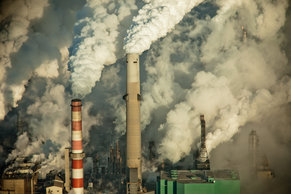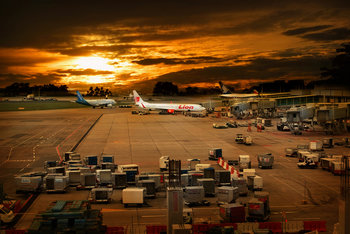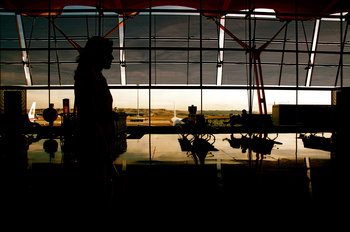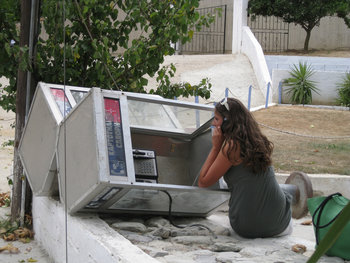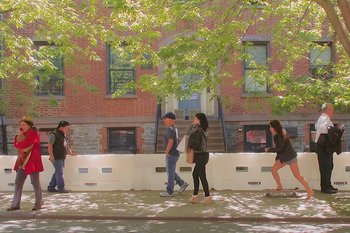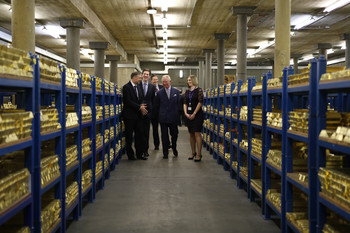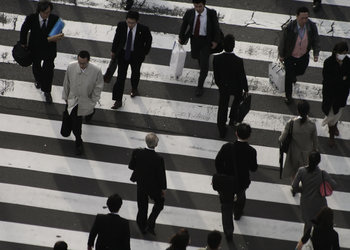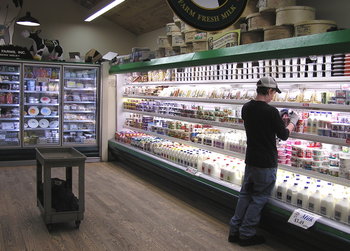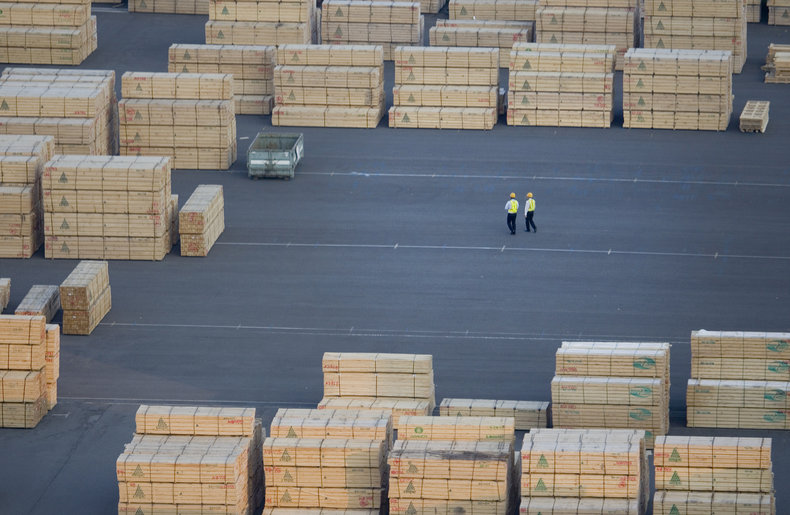
Protectionism
Protectionism protects local firms from international competition and economic change such as technological innovation. As such, it is often politically popular as people may feel that other countries are taking jobs.A country with extremely strong protectionist policies will need to produce its own goods and services as imports are restricted or made prohibitively expensive. This tends to be incredibly inefficient as countries have competitive advantages and weaknesses. Such a country is unable to export products where it is strong and is required to produce products in areas where it is weak. This may result in the economy stagnating or regressing while the rest of the world advances.Free Trade
Free trade allows a country to focus on its competitive advantages and import where it is weak. This tends to be productive as advantages grow stronger and imports are cheap because you're importing from the countries that are good at producing each type of good.What is good for the economy isn't always good for quality of life. Free trade can result in problems such as a race to the bottom whereby countries cut environmental regulations to be more cost competitive. Free trade can also make regions less resilient as they focus on a small basket of products. For example, regions may stop producing their own food. Free trade agreements may restrict a nation's ability to set rules such as product standards.Protectionism vs Free Trade
Strong protectionism tends to lead to economic declines. It may also lead to wars as international trade is one of the major factors that forces nations to get along. A nation that isolates itself can expect to become less competitive over time against countries that face up to international competition.Free trade is economically beneficial. However, the benefits may be distributed unevenly leading to social unrest. Free trade agreements can lead to a race to the bottom whereby countries need to cut wages and regulations to stay competitive. In many cases, free trade may also have a negative impact on culture and resilience.In theory, free trade agreements could be structured to protect quality of life, the environment and resilience.| Protectionism vs Free Trade | ||
Protectionism | Free Trade | |
Definition | The restriction of trade with other nations in order to protect domestic firms. | The elimination of barriers to trade to create large open markets. |
Examples | TariffsImport quotasAdministrative barriersTrade legislationSubsidiesExchange rate fixing | Free trade agreements |



